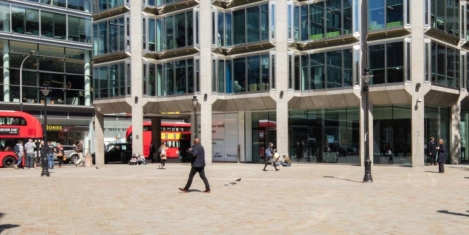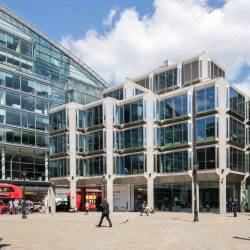To provide the best experiences, we use technologies like cookies to store and/or access device information. Consenting to these technologies will allow us to process data such as browsing behaviour or unique IDs on this site. Not consenting or withdrawing consent, may adversely affect certain features and functions.
The technical storage or access is strictly necessary for the legitimate purpose of enabling the use of a specific service explicitly requested by the subscriber or user, or for the sole purpose of carrying out the transmission of a communication over an electronic communications network.
The technical storage or access is necessary for the legitimate purpose of storing preferences that are not requested by the subscriber or user.
The technical storage or access that is used exclusively for statistical purposes.
The technical storage or access that is used exclusively for anonymous statistical purposes. Without a subpoena, voluntary compliance on the part of your Internet Service Provider, or additional records from a third party, information stored or retrieved for this purpose alone cannot usually be used to identify you.
The technical storage or access is required to create user profiles to send advertising, or to track the user on a website or across several websites for similar marketing purposes.
 WorldGBC has launched the latest annual Advancing Net Zero Status Report, which highlights leadership action from the Green Building Council (GBC) global network towards achieving total sector decarbonisation. (more…)
WorldGBC has launched the latest annual Advancing Net Zero Status Report, which highlights leadership action from the Green Building Council (GBC) global network towards achieving total sector decarbonisation. (more…)






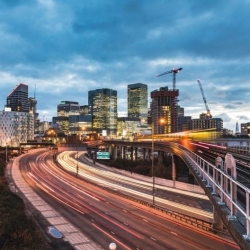 The
The 
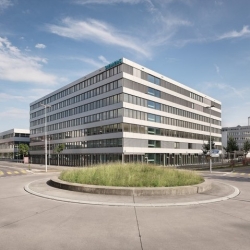
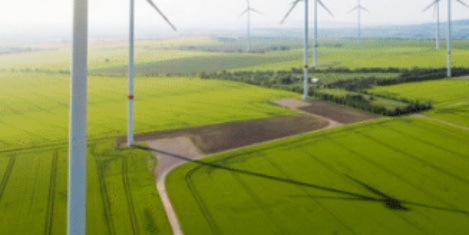
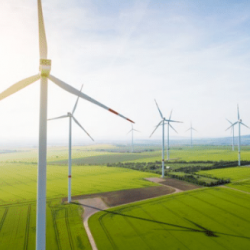 The UK Green Building Council (
The UK Green Building Council (
 The UK Green Building Council (UKGBC) has announced the start of a new project to plot a route to net zero carbon for the UK’s built environment sector, by developing a Net Zero Whole Life Carbon Roadmap. Hot on the heels of the Government’s new target to cut emissions by 68 percent by 2030, against 1990 levels, this project will identify how the built environment supports that objective and set a science-based trajectory to achieving net zero for the whole sector by 2050. The roadmap will cover all building types and infrastructure, all built environment stakeholders and sub-sectors and address carbon across the whole building lifecycle.
The UK Green Building Council (UKGBC) has announced the start of a new project to plot a route to net zero carbon for the UK’s built environment sector, by developing a Net Zero Whole Life Carbon Roadmap. Hot on the heels of the Government’s new target to cut emissions by 68 percent by 2030, against 1990 levels, this project will identify how the built environment supports that objective and set a science-based trajectory to achieving net zero for the whole sector by 2050. The roadmap will cover all building types and infrastructure, all built environment stakeholders and sub-sectors and address carbon across the whole building lifecycle. 

